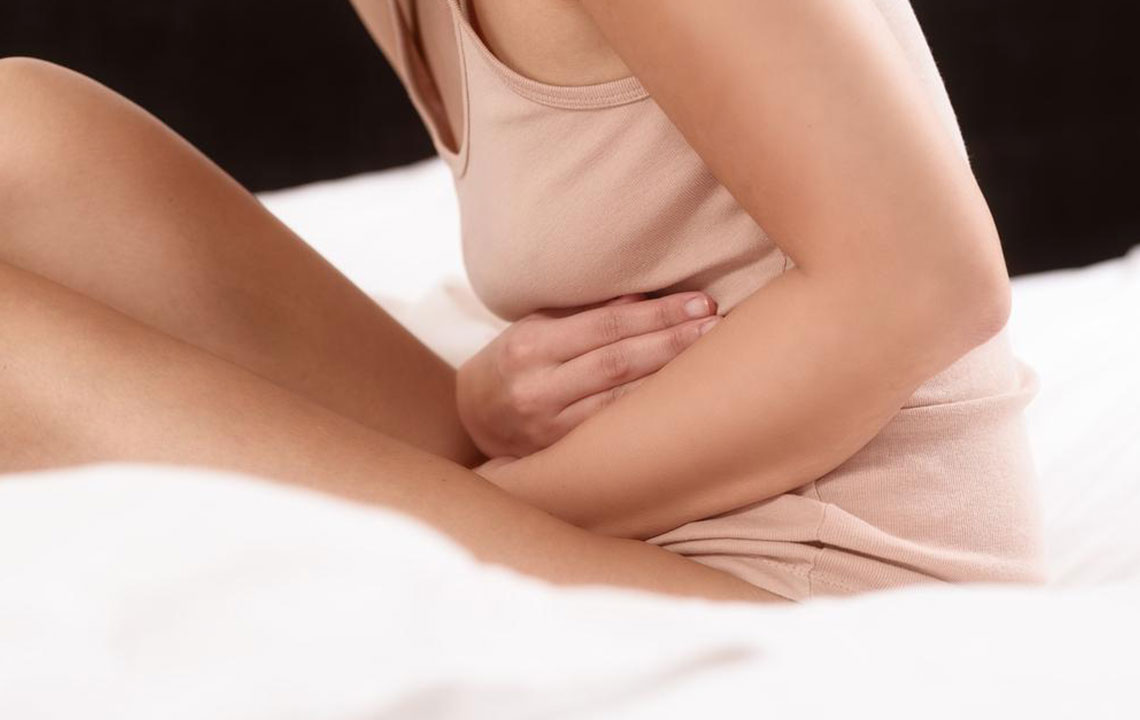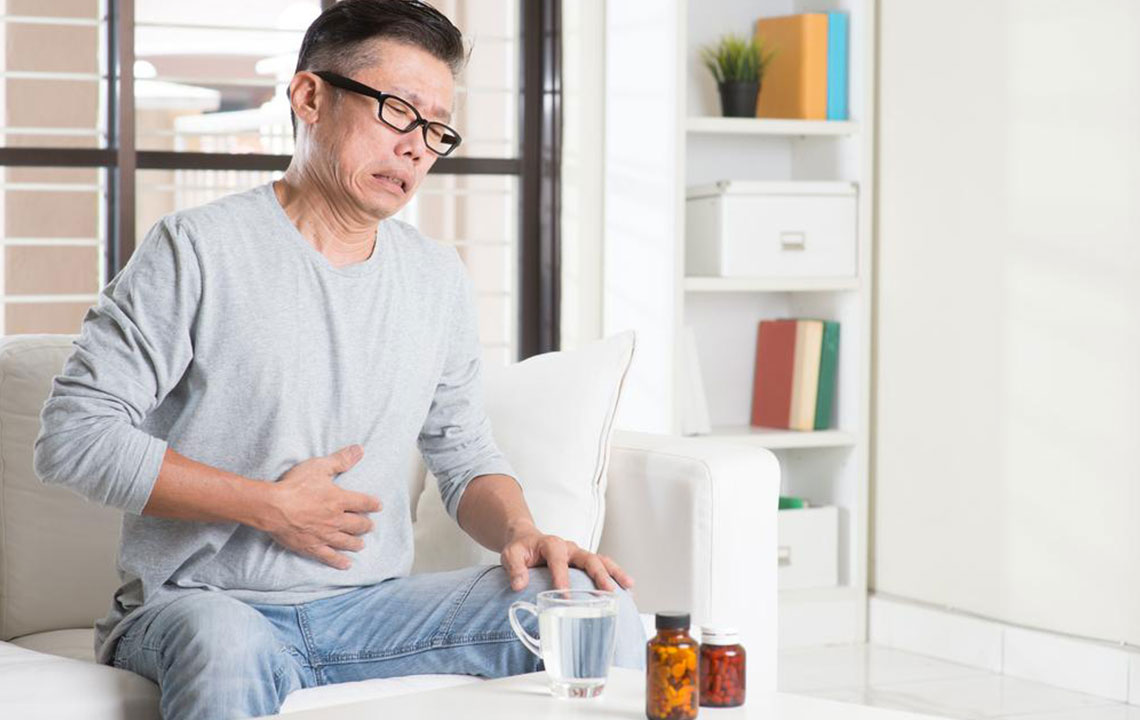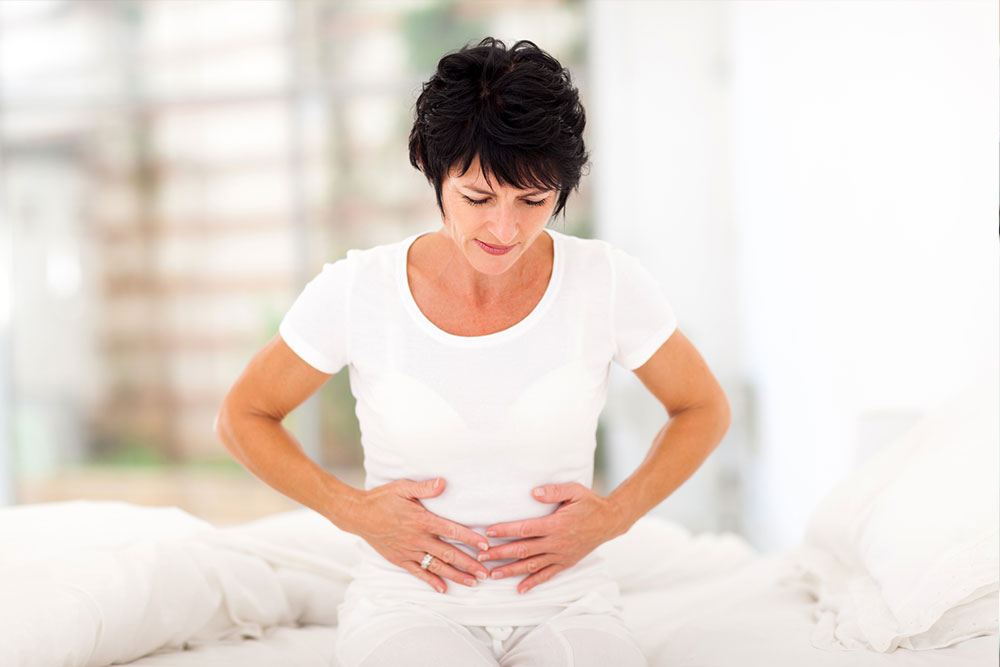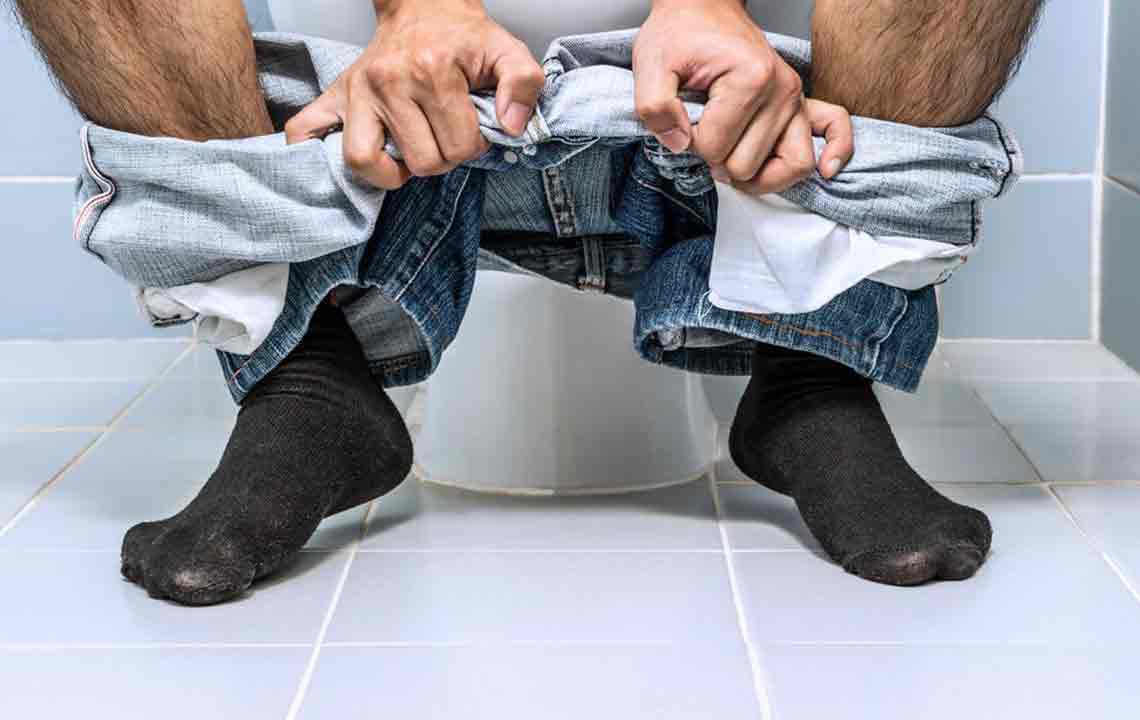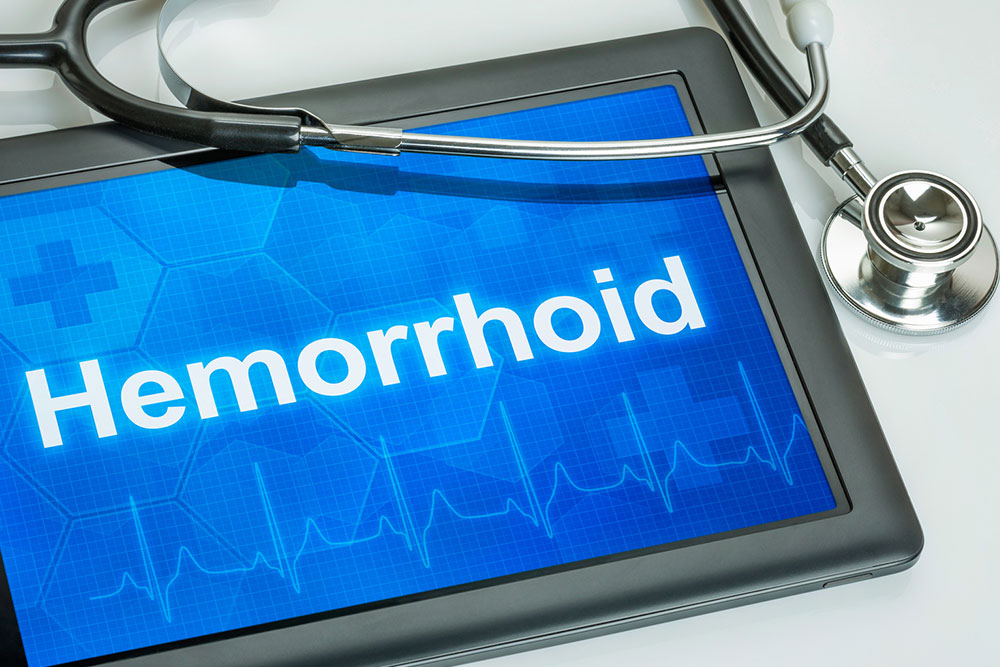Effective Methods to Relieve Hemorrhoid Pain and Discomfort
Hemorrhoids are a common condition that causes swelling, itching, and pain around the anus. Effective management includes home remedies like witch hazel, aloe vera, Epsom salt baths, and dietary changes to promote soft stools. For persistent cases, medical procedures may be required. Preventive habits such as regular exercise and healthy bowel practices play a vital role in avoiding recurrences. This comprehensive guide provides practical strategies to alleviate hemorrhoid discomfort and improve quality of life through safe, proven methods.
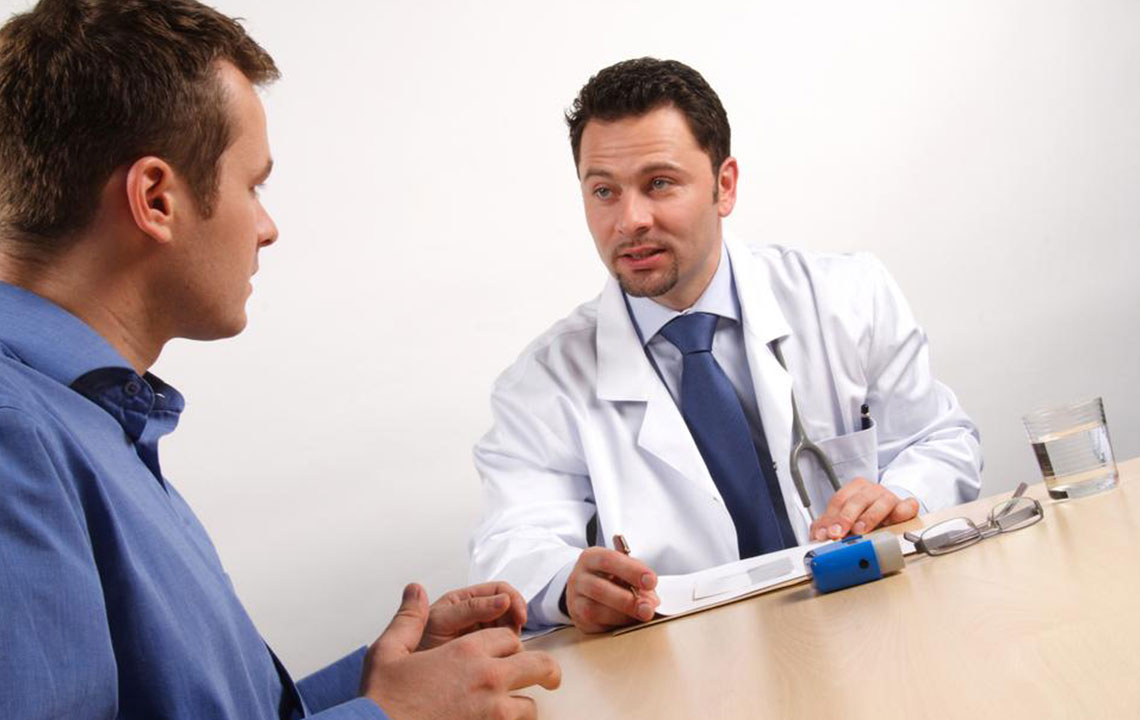
Effective Methods to Relieve Hemorrhoid Pain and Discomfort
Hemorrhoids, commonly known as piles, are a prevalent health issue that affects a significant portion of the adult population worldwide. Characterized by swollen veins around the rectal and anal regions, hemorrhoids can cause symptoms such as itching, pain, bleeding, and swelling, greatly impacting daily comfort and quality of life. Although they are often temporary and tend to resolve within a few weeks, managing the symptoms effectively is crucial to prevent complications and improve well-being.
This condition is broadly classified into two types: internal hemorrhoids, which develop inside the rectum, and external hemorrhoids, which occur outside the anus. Both types can cause discomfort, but external hemorrhoids are often more painful due to their proximity to nerve endings. It’s estimated that approximately 75% of people will experience hemorrhoids at some point during their lifetime, making awareness and effective management strategies vital.
Thankfully, various home remedies and lifestyle modifications can significantly reduce the severity of symptoms and promote healing. Here are some of the most effective and accessible options:
Witch Hazel
Aloe Vera Gel
Epsom Salt Baths
Stool Softeners and Dietary Fiber
Cold Compresses
Witch hazel, a natural astringent, is widely used to treat hemorrhoid irritation. When applied directly to the affected area, it helps reduce swelling, soothe itching, and alleviate pain due to its anti-inflammatory properties. You can use witch hazel in liquid form as pads or compresses. As with all topical treatments, perform a patch test first to check for allergies.
Aloe vera gel, especially when pure, provides a calming effect on inflamed and irritated tissue around the anus. Its soothing and healing properties can diminish discomfort and promote tissue repair. Always ensure product purity and test for allergies before use.
Warm Epsom salt baths are another effective remedy. Taking a 15-20 minute soak in warm water mixed with Epsom salt after bowel movements can help relax the muscles, reduce swelling, and soothe soreness. This practice is particularly beneficial for external hemorrhoids or if irritation persists.
Maintaining soft, painless bowel movements is essential in managing hemorrhoids. Incorporating fiber-rich foods such as fruits, vegetables, and whole grains or using over-the-counter stool softeners like psyllium can prevent straining during bowel movements, which exacerbates hemorrhoid symptoms. Drinking plenty of water also plays a crucial role in softening stool.
Cold compresses or soothing wipes infused with aloe vera or witch hazel can provide immediate relief by numbing the area temporarily and reducing swelling. These are especially useful during flare-ups and can be used multiple times a day. It’s advisable to avoid harsh chemicals or overly perfumed products that might aggravate sensitive skin around the anus.
Over-the-counter medications, such as creams containing lidocaine or hydrocortisone, can also help manage mild to moderate hemorrhoid symptoms. These topical treatments reduce pain, itching, and inflammation, providing localized relief. For persistent or severe cases, medical intervention may be necessary.
While home remedies and lifestyle adjustments often successfully manage hemorrhoid symptoms, some cases require medical procedures. If hemorrhoids become thrombosed (clotted), prolapsed (protruding outside the anus), or do not respond to conservative treatments, a healthcare professional may recommend procedures such as hemorrhoidectomy (surgical removal), rubber band ligation, or stapling. These treatments are usually performed in outpatient settings and aim to eliminate bleeding, reduce size, and prevent recurrence.
Preventive measures are also vital in avoiding hemorrhoid development or recurrence. Regular exercise, avoiding prolonged sitting or standing, maintaining a healthy weight, and adopting good bowel habits can significantly lower risk. Recognizing early symptoms and seeking prompt treatment can prevent complications and ensure a swift recovery.
In conclusion, managing hemorrhoid discomfort involves a combination of home remedies, lifestyle modifications, and medical treatment when necessary. Early intervention and consistency in applying these strategies can lead to effective symptom relief, prevent complications, and improve overall health and comfort.
